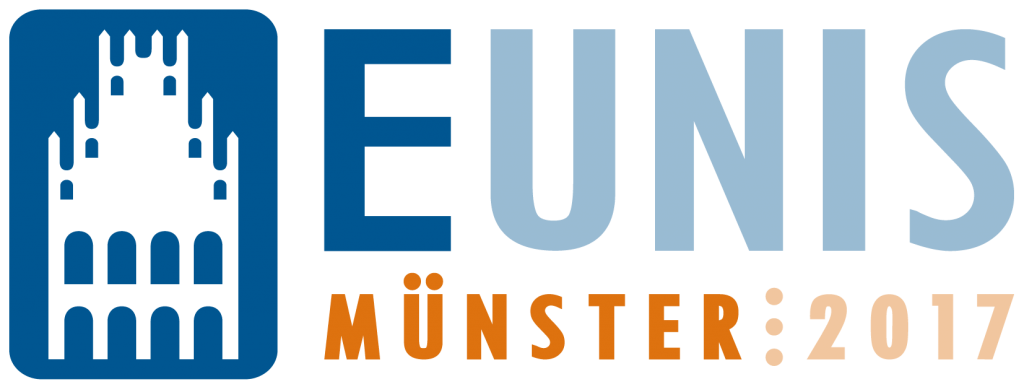Session Chair: E. Cardoso
Reliable e-Assessment with GIT – Practical Considerations and Implementation
(Bastian Küppers)
The introduction of e-Assessment is hindered by reservations, despite e-Assessment being a valuable tool for teaching and examining in general. These reservations concern mainly the fairness and reliability of e-Assessment as well as financial questions. The latter can be solved in practice by utilizing BYOD, since most of today’s students already possess devices that are capable of being used for e-Assessment. This poses, however, additional challenges to the fairness and reliability of e-Assessment. This paper presents an approach that utilizes cryptographic methods, like public key cryptography and digital signatures, and the version control system GIT in order to overcome this challenges. Based on these techniques a framework for e-Assessment was implemented as client-server architecture. View Paper
thermoEint: Building E-Assessment Content for the Integration and Success of International Students in STEM Fields
(Constantino Grau Turuelo)
The project thermoEint aims to help the integration and success of international students in the field of Thermodynamics through the creation of a comprehensive relation of English e-assessments. In this work, the utilized methodology and workflows for the implementation of the online content in STEM fields are introduced. They are based on the determination of didactic and technical requirements for the online content after analyzing the gathered data obtained from educational staff experience, previous e-learning projects and students’ feedback. With the help of the software and learning management service of ONYX and OPAL, a set of proposed solutions are introduced. In the same context, to ensure the quality of the online teaching material, a continuous improvement workflow is proposed on a year-to-year basis. View Paper
Experiences from Projects Funded by Norwegian Agency for Digital Learning in Higher Education 2010-2014
(Hilde Gaard)
Norwegian Agency for Digital Learning in Higher Education funds development projects in the use of learning technology in Norwegian Higher Education. We are in the process of completing a report on the most important experience gained from projects we have funded in the period 2010-2014. We are keen to present some of this knowledge during EUNIS 2017. Who are we? Norwegian Agency for Digital Learning in Higher Education is a national agency, reporting to the Norwegian Ministry of Education and Research. It is intended to be a driving force for promoting the development of flexible education and pedagogic use of ICT, and working to enhance and develop cooperation between higher education and the work life. The guidance for project funds in the period 2010-2014 emphasizes that the projects we funded should contribute to relevant, high-quality education being made available to students regardless of time, place and life circumstances. This should be done by developing flexible educational offers, supported by technology and open digital learning resources. The projects are also expected to share and disseminate knowledge gained through the projects with others in the university and university college sector and other relevant sectors. A key priority area was collaborative projects between higher education and the work life. View Paper
